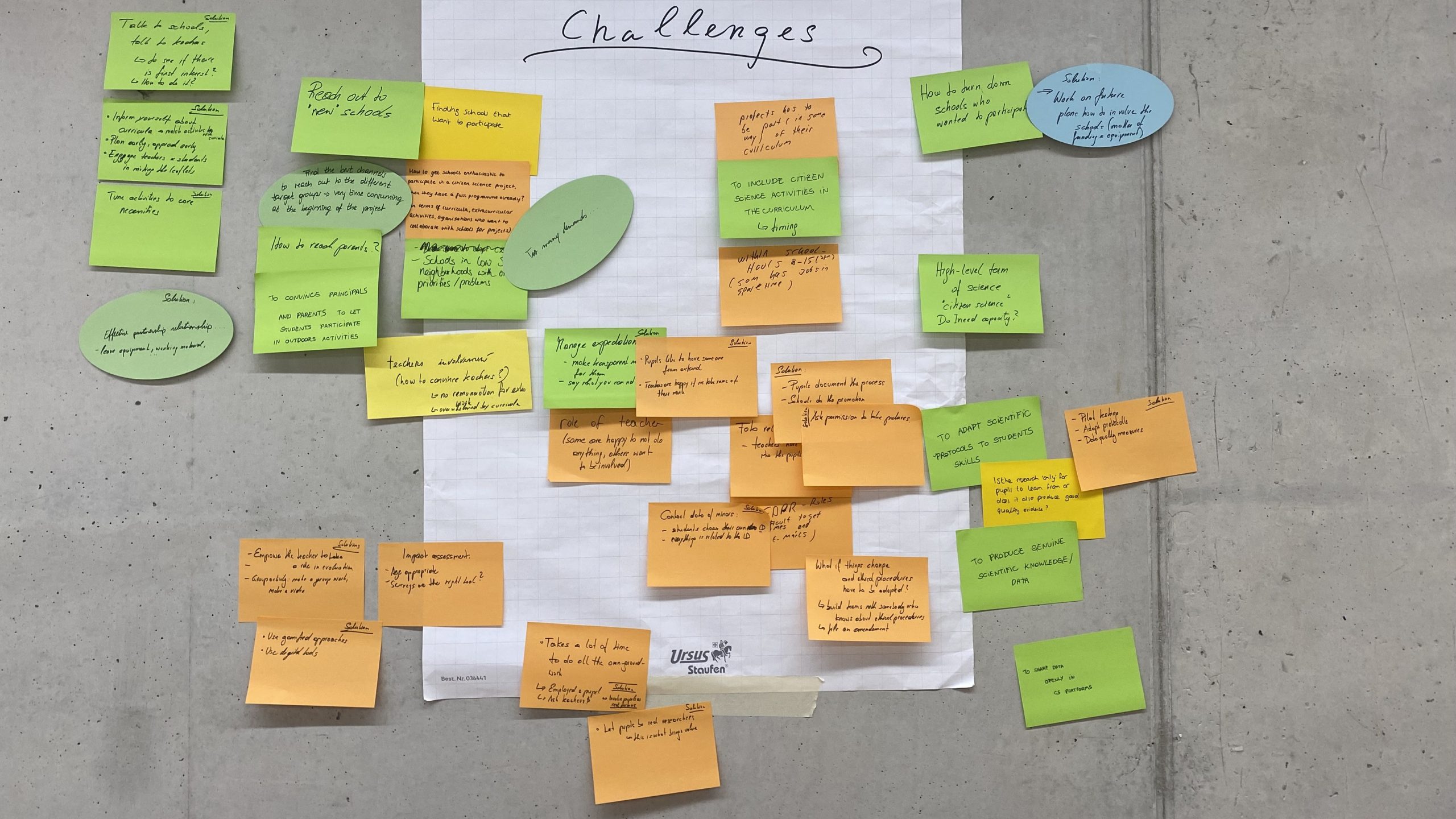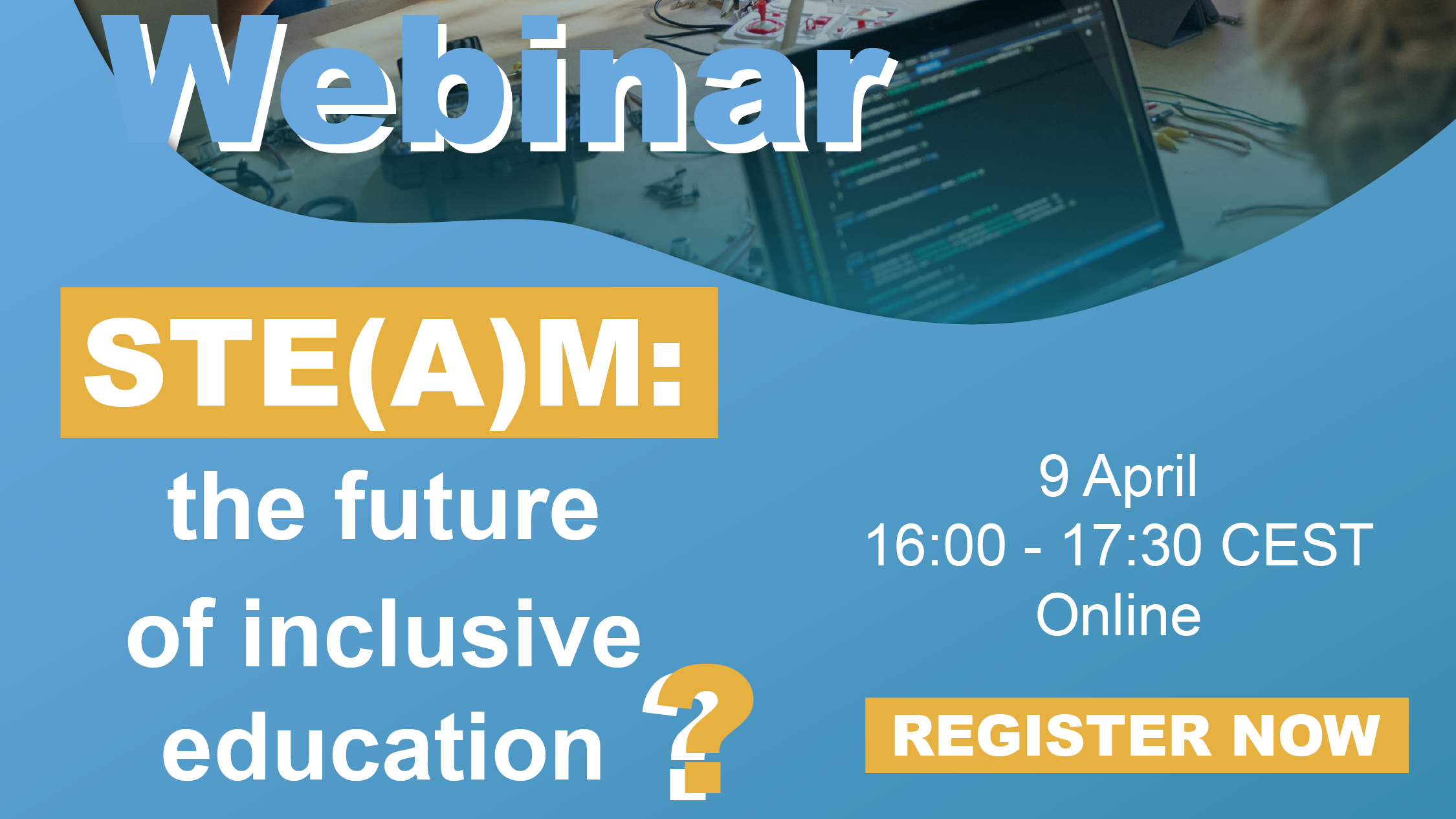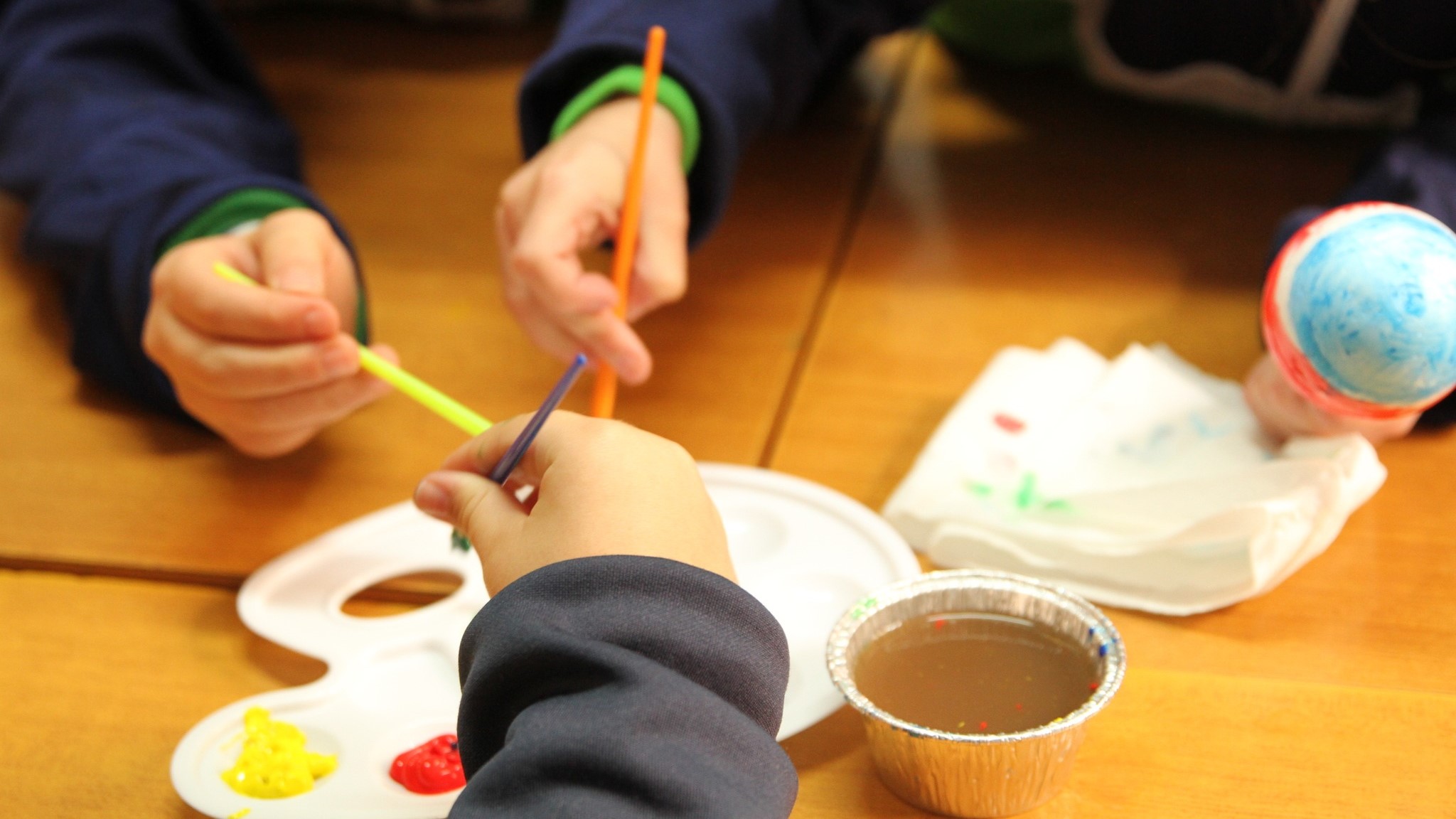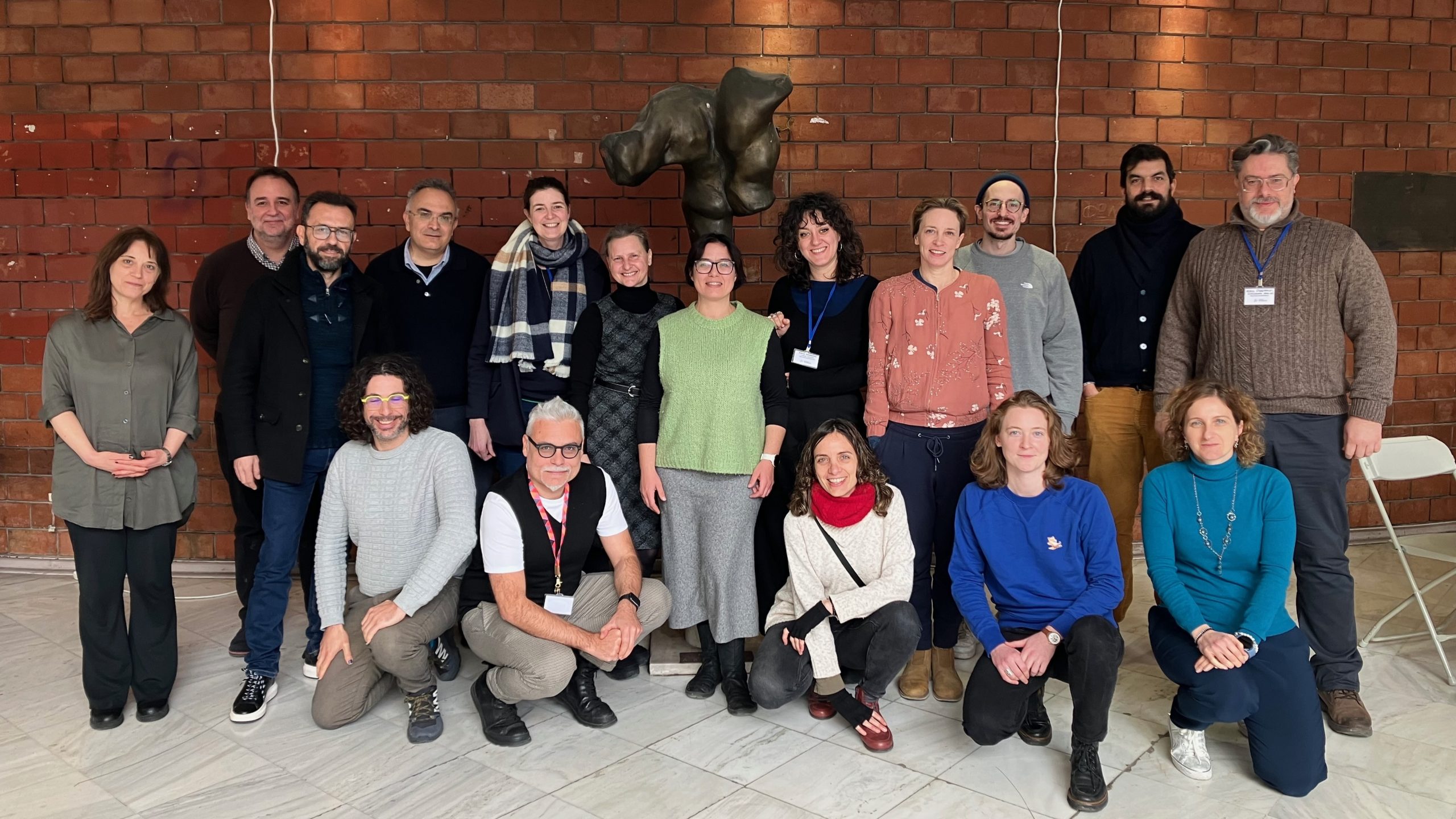The European Citizen Science Conference 2024 (ECSCA2024) held in Vienna this month was a convergence of minds, with over 500 participants gathering. Several types of actors such as researchers, scientists, practitioners, activists, policymakers, and interested citizens explored the incredible power of citizen science in addressing global challenges. The conference focused on the rapid change of the world around us (represented by current international conflicts, climate change issues, and fast political evolutions), and emphasised the great importance of citizen science as a tool to enable communities to comprehend, engage, and actively contribute to the solutions of these complex issues.
Among the standout events was a workshop organized by the Centre for Social Innovation (ZSI) under the joint banner of the Road-STEAMer and InChildHealth projects.
Workshop Focus:
ZSI curated a compelling workshop titled ‘How to include schools in science health studies: practical experiences and lessons learned?’. With more than 30 enthusiastic participants from schools, science, pedagogy, and medical research, the workshop reflected on the challenges encountered when conducting citizen science activities in schools, particularly in relation to science health studies.
What were the main points of the discussion? Here are some key insights:
- STE(A)M education is becoming more significant for science education and educational policies throughout Europe
- Although the STE(A)M education approach is successful in attracting interest of students, educators may encounter difficulties in engaging students
- Intertwining STE(A)M education and citizen science activities will increase learning outcomes, the idea of cross-sectoral interdisciplinarity, and learning application of acquired knowledge to real-world problems.
In conclusion, the workshop served as a platform for educators, researchers, and policymakers to exchange insights and strategies for effectively implementing citizen science initiatives in various educational settings. By leveraging the STE(A)M education approach and merging it with citizen science activities, schools can empower students to apply their learning to real-world challenges, paving the way for a more engaged and scientifically literate community.
Special thanks to Teresa Schäfer, Claudia Magdalena Fabian, Barbara Kieslinger, and Elisabeth Unterfrauner who facilitated lively discussion at this incredible workshop!
Do you want to read more? Take a look at the ZSI blog-post.



